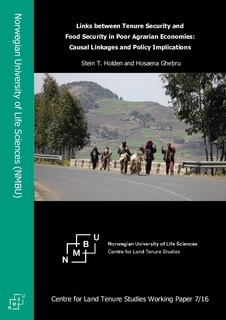Cambodia's Women in Land Conflict
ABSTRACTED FROM EXECUTIVE SUMMARY: In the last decade it has become widely accepted that insecurity of land tenure has a unique impact on women, particularly in the global South where, more often than not, women are the primary caregivers in a household. In Cambodia, where land conflict continues to be one of the most prevalent human rights issues in the country, this assertion deserves particular consideration.



